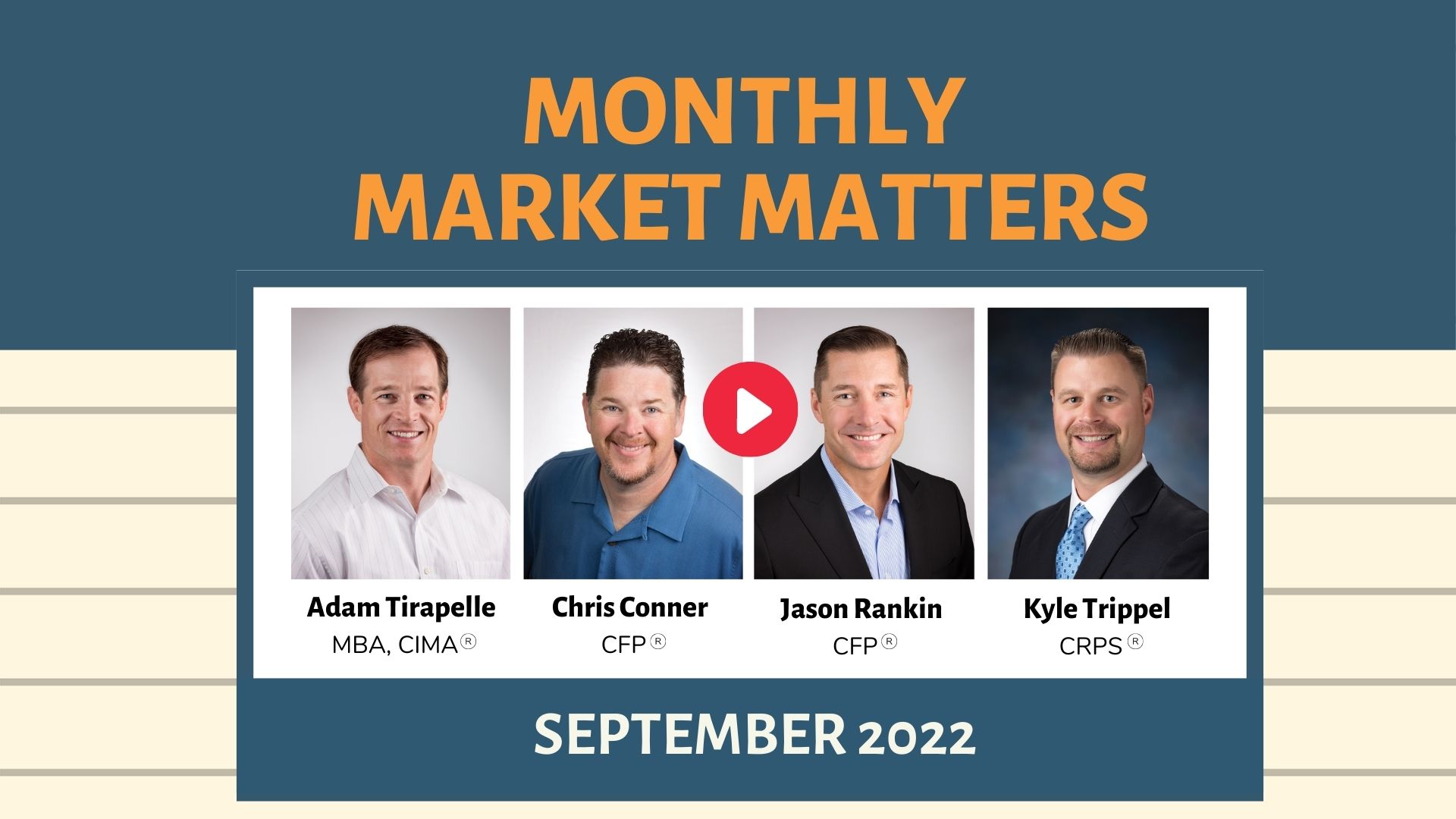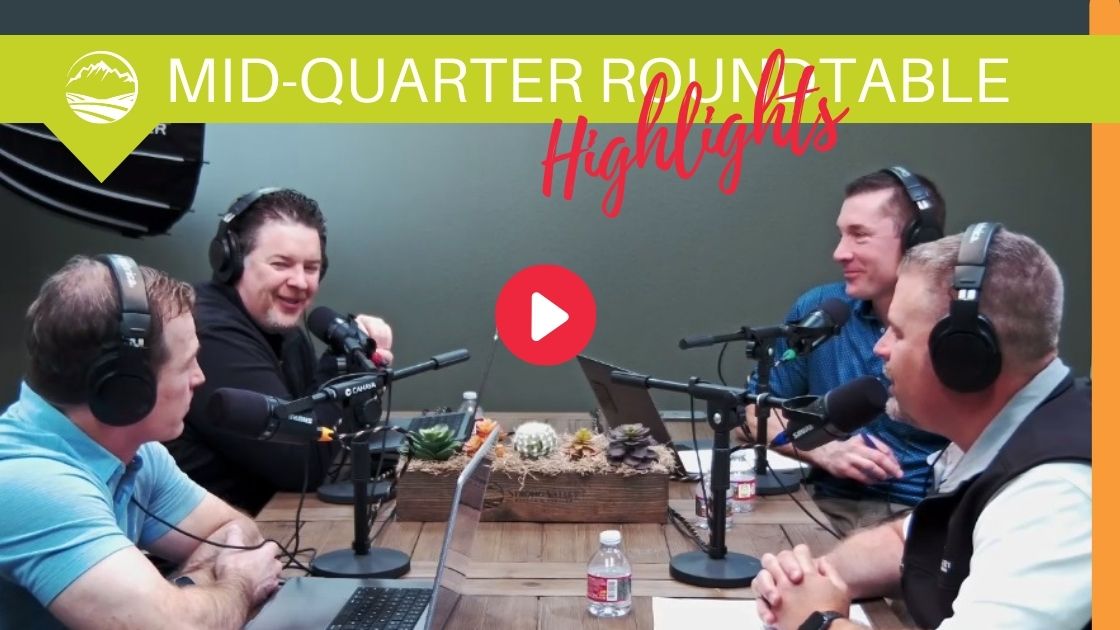You are now leaving the Strong Valley Wealth & Pension, LLC ("Strong Valley") website. By clicking on the "Schwab Alliance Access" link below you will be entering the Charles Schwab & Co., Inc. (“Schwab”) Website. Schwab is a registered broker-dealer, and is not affiliated with Strong Valley or any advisor(s) whose name(s) appears on this Website. Strong Valley is/are independently owned and operated. Schwab neither endorses nor recommends Strong Valley. Regardless of any referral or recommendation, Schwab does not endorse or recommend the investment strategy of any advisor. Schwab has agreements with Strong Valley under which Schwab provides Strong Valley with services related to your account. Schwab does not review the Strong Valley website(s), and makes no representation regarding the content of the Website(s). The information contained in the Strong Valley website should not be considered to be either a recommendation by Schwab or a solicitation of any offer to purchase or sell any securities.

There are some basic ways you can go into the coming new year with a financial plan that can significantly impact your financial health and set the stage for a more prosperous future. Consider these 5 year-end planning tips to review your financial status before the calendar flips.

As the end of the year approaches, it's an opportune time to review your financial status and make strategic decisions that can impact your financial well-being in the coming year. Implementing certain financial moves before the year ends can potentially save you money, optimize your taxes, and set a solid foundation for the future.
Here are the top five financial tips you should consider before the calendar flips:
Contributing to retirement accounts, such as 401(k)s, IRAs, or Roth IRAs, before the year ends can bring several advantages. Firstly, it allows you to take advantage of tax-deferred or tax-free growth. Maxing out your contributions can reduce your taxable income for the year, potentially lowering your tax bill.
Moreover, funding these accounts to the maximum extent possible sets the stage for a more financially secure retirement. The power of compound interest means that the earlier you invest, the more time your money has to grow.
Don't miss the opportunity to contribute as much as you can before the year concludes.
A thorough review of your investment portfolio is crucial as the year ends. Assess whether your investments are aligned with your financial goals and risk tolerance.
Consider rebalancing your portfolio to maintain your desired asset allocation. Rebalancing involves selling some overperforming assets and reinvesting in underperforming ones to realign with your original strategy. This move not only mitigates risk but also positions your investments for potential growth in the upcoming year.
Check your balances in FSAs and HSAs, as these accounts often have "use-it-or-lose-it" policies for funds not utilized by the end of the year. Consider using these funds for eligible medical expenses, as they can provide substantial tax advantages.
Some FSAs might have a grace period or allow a carryover of a limited amount of funds, but it's essential to understand the specific rules governing your accounts.
Evaluate your insurance policies, including health, life, and property insurance, to ensure they still meet your needs. Life changes and evolving circumstances may necessitate adjustments to coverage levels or beneficiaries. Additionally, review and update your estate planning documents, such as wills and trusts, to reflect any changes in your life or financial situation.
Consider consulting with a certified financial advisor to tailor these strategies to your specific circumstances and goals. By making proactive financial decisions with a professional, you can pave the way for a more secure and prosperous financial journey in the year ahead.



